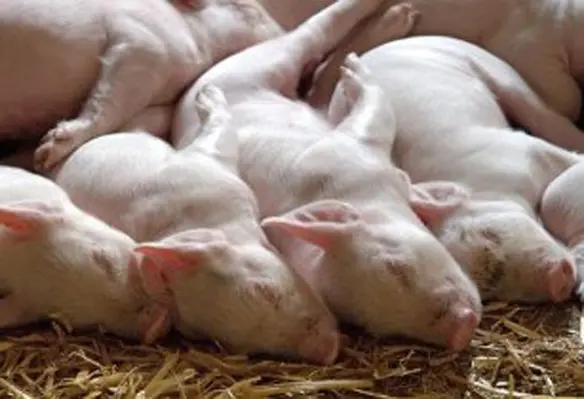Philippine’s Department of Agriculture (DA) has signed a memorandum of agreement (MOA) with the Pampanga State Agricultural University (PSAU) to provide the agri-fishery sector with access to cutting-edge technologies that can detect, manage and control emerging animal diseases
The project, “DNA Analysis for Accurate Diagnosis of Emerging Deadly Viruses among Agri-fisheries of Central Luzon,” with US$130,000 funding coming from the DA-Bureau of Agricultural Research (BAR), is expected to provide information that can be used by drug manufacturing industries to build custom design vaccines that specifically target the viral strains present in a locale.
During the MOA signing, agriculture secretary William Dar said, “Supporting this project can help us in a big way in the future. Let us tap the best of molecular science and all biotechnology tools available for the very problems we have in the country. Let us not waste time.”
Using reverse transcription-reverse transcription-polymerase chain reaction (RT-PCR) and DNA sequencing, the project is expected to determine the true-to-type species or genotypes on the causative agent of emerging deadly viruses including African Swine Fever (ASF), New Castle Disease, avian flu, tilapia lake virus and white spot syndrome virus, measure disease occurrence, reduction, and severity, as well as analyse their transmission.
The secretary instructed DA-BAR and PSAU to re-assess the availability and capacities of various animal disease diagnostics research facilities in effectively addressing and managing diseases not only in livestock but also in fisheries.
“Enhance your capacity through this existing facility because we need to start working now for that potential pandemic that may come from zoonotic animal diseases. If you have the best minds, the younger generation who has the right training, then you are ready and we shall be able to solve any problems along with those issues of transboundary animal diseases,” he elaborated.




